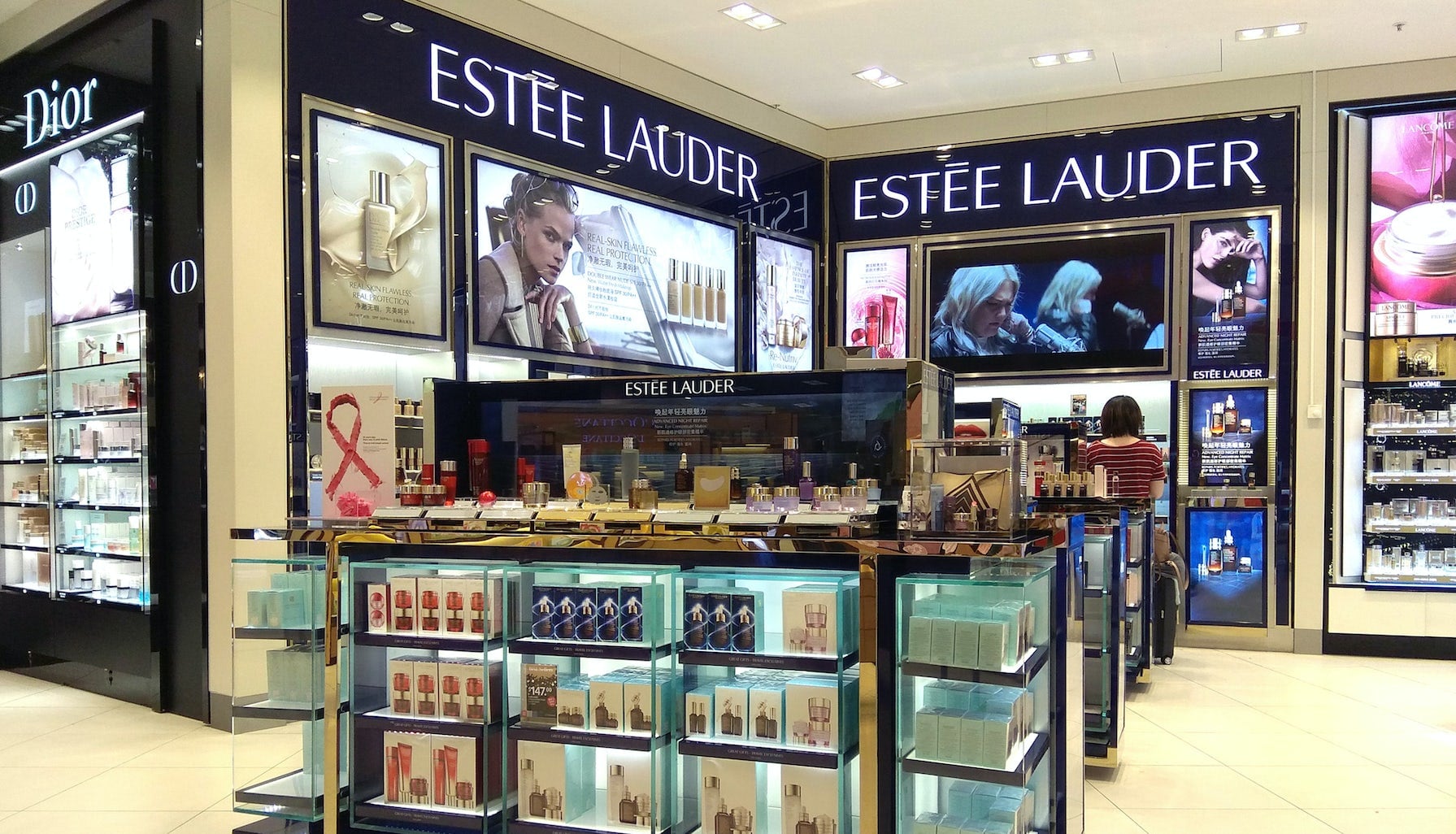
NEW YORK, United States — Estée Lauder Cos. is reviewing its beauty products as it tries to head off the kind of criticism aimed at rivals who sold skin-lightening products with names and marketing language some consumers deemed insensitive.
The cosmetics company, which owns brands such as Clinique and La Mer, will re-evaluate skin-care and makeup lines for “cultural sensitivity,” top executives told employees last month in a memo obtained by Bloomberg News.
That includes assessing the use of terms such as “brightening” and “lightening.” The move comes after the company was confronted by employees over racial matters earlier this summer.
The cosmetics industry has been under intensifying scrutiny in recent months amid nationwide protests against systemic racism. Rival beauty giants L’Oreal SA, Unilever Plc, Johnson & Johnson and Beiersdorf AG were criticized by shoppers for selling products designed to lighten skin on the grounds that doing so perpetuates what’s sometimes known as colourism.
Several product lines were renamed or discontinued, including Johnson & Johnson’s Neutrogena Fine Fairness serum, and the changes made by competitors prompted Estée Lauder to begin its own evaluation. These types of products are particularly popular in Asia and represent an $8.3 billion market globally, according to data from Grand View Research.
Susan Akkad, the Estée Lauder senior vice president whose department oversees cultural sensitivity, said in a telephone interview that her team considers several factors when assessing products both new and old. Staff will, among other things, make sure products have appropriate shading. They also will consider local and regional cultural influences, which tend to be intangible and nuanced.
The appraisal will also determine if certain product lines should offer wider ranges of shades or formulas for a more diverse set of shoppers. Darker skin tones have historically been neglected by many big beauty brands, though more products to appeal to these consumers have been introduced in recent years.
“We need to make sure that our communication is positive and sensitive in every part of the world,” Akkad said.
Representatives for Estée Lauder declined to say which products have been reviewed so far. The company has used “whitening” on labelling of some items in the past and recently promoted “brightening” for goods such as its CyberWhite HD Advanced Brightening Night Creme.
The product review comes after Estée Lauder employees criticised senior executives in June for lack of action on addressing a host of race-related issues. In a letter to Chairman William Lauder, the employees said the company was damaging its relationship with the Black community and its own Black workers.
In response, Estée Lauder made a lengthy list of commitments to boost Black hiring, partner with Black community organisations and donate to Black causes. Management is also in the final stages of creating an external advisory board to guide the company’s efforts to work with more Black-owned businesses, according to the memo.
By Kim Bhasin



